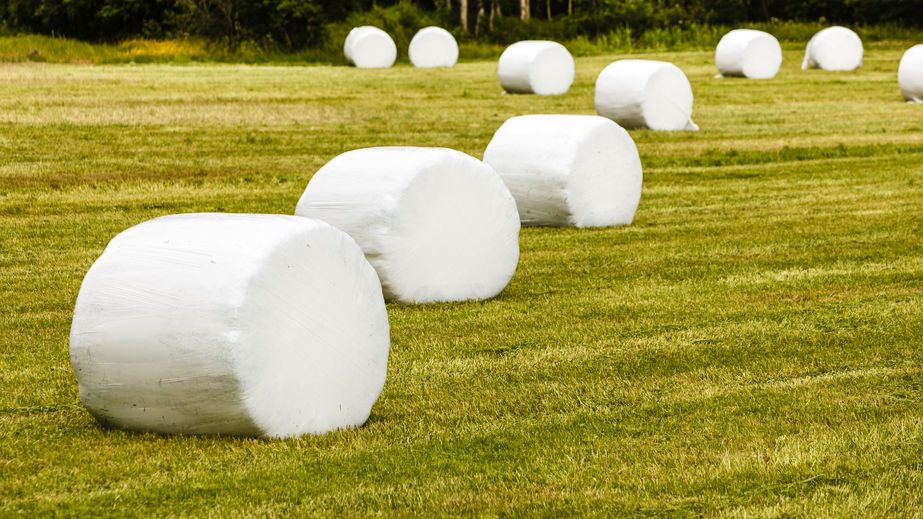
The government is being urged to remove silage wrap from the proposed plastic packaging tax (PPT) due to be effective from 1 April 2022.
HMRC published guidance in December 2021 stating silage wrap would now be in scope for the PPT, due to come into force in spring.
The potential additional cost of PPT on silage wrap to farmers is estimated to be equivalent to an extra 10% in costs, and would come at a time of increasing prices.
The National Sheep Association (NSA)warned that adding yet another cost would contribute to "further reduction of already low farm business margins, and may lead to unintended consequences".
“The imposition of this tax could in fact have a detrimental impact on actions to collect and recycle plastic," said Phil Stocker, NSA chief executive.
"The Agriculture Plastics Environment scheme provides farmers with a solution for environmentally responsible management of non-packaging agricultural plastics and to increase the quantity and quality of plastics collected.
"The voluntary scheme enables silage wrap to be collected at a cost of £60/tonne and a very high number of livestock farms are managed in a way where there is no immediate solution to reduce the use of silage film."
Whilst NSA said it acknowledged the need to reduce plastic use, it added that current technology did not enable the production of silage wrap with a 30% recycled content to be able to properly ferment the grass.
Therefore, the group has called for silage wrap to be exempt from PPT while alternative systems or suitable products are being developed.
An HMRC spokeswoman said the PPT would "encourage the use of recycled plastic instead of new material within plastic packaging."
“This will create greater demand for recycled plastic, and in turn stimulate increased levels of recycling and collection of plastic waste, diverting it away from landfill or incineration.”
